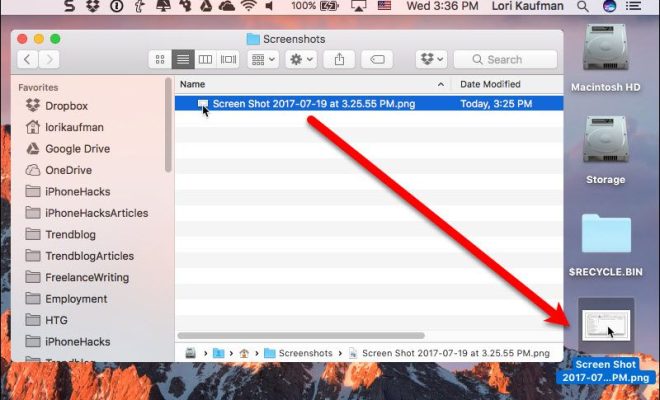Considering a Foldable Phone? How to Decide If One Is Right

Foldable phones have been making waves in the smartphone market, offering an innovative twist to the traditional slab-like design that has dominated for years. If you’re on the fence about whether a foldable phone is right for you, here are several factors to consider that could help you make a decision.
First and foremost, think about the novelty factor. Foldable phones are still relatively new, and owning one can make you stand out from the crowd. They offer fresh features and designs, like flip phones with compact shapes or larger models that unfold into mini tablets. If being on the cutting edge of technology excites you, a foldable phone might be appealing.
Next, consider the form factor and usability. Foldable phones, by design, offer larger screen real estate when unfolded without compromising portability when folded. This transformation allows for multitasking and enhanced media consumption experiences. Ask yourself if you frequently engage in activities that would benefit from a bigger display, like reading e-books, editing documents, or watching videos.
Durability is another crucial aspect. Early foldable phones faced scrutiny over their build quality and lifespan, especially around hinge mechanisms and foldable screens. Manufacturers have made significant improvements in these areas, but it’s essential to understand that foldable screens might still be more susceptible to damage compared to traditional glass displays. If you tend to be hard on your phones or prioritize longevity and resilience, this is a significant consideration.
Battery life is also a factor since larger screens demand more power. Despite technological advances, some foldable models may not last as long as regular smartphones on a single charge due to their multiple displays or larger primary screens. Consider your daily usage patterns and whether carrying an extra power bank or frequent charging will be an inconvenience.
Moreover, evaluate app compatibility and the operating system experience. Not all apps may be fully optimized for foldable screens yet, which can affect your user experience. Look into whether your most-used applications support split-screen functions or can seamlessly transition between folded and unfolded states.
Lastly, there’s the cost to take into account. Foldable smartphones typically come with a premium price tag due to their cutting-edge nature and complicated manufacturing processes. Decide if the unique benefits of a foldable phone justify the investment for you.
In conclusion, choosing a foldable phone involves balancing novelty with practicality while considering durability concerns, battery life impacts, software experiences, and budget constraints. Weighing these factors will help you decide if a foldable device aligns with your wants and needs as technology continues to evolve.




